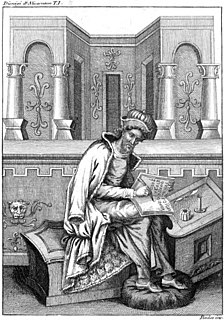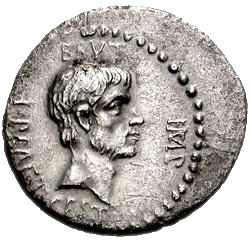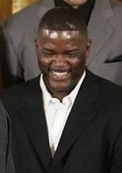A Quote by Dionysius of Halicarnassus
The form of government, when it has been prudently established, produces citizens distinguished for bravery, justice, and every other good quality; whereas, on the other hand, bad institutions render men cowardly, rapacious, and slaves of every foul desire.
Related Quotes
The important distinction so well understood in America between a constitution established by the people, and unalterable by the government; and a law established by the government, and alterable by the government, seems to have been little understood and less observed in any other country. Wherever the supreme power of legislation has resided, has been supposed to reside also, a full power to change the form of government.
For what is meant by saying that a government ought to educate the people? Why should they be educated? What is the education for? Clearly, to fit the people for social life - to make them good citizens. And who is to say what are good citizens? The government: there is no other judge. And who is to say how these good citizens may be made? The government: there is no other judge. Hence the proposition is convertible into this - a government ought to mold children into good citizens, using its own discretion in settling what a good citizen is and how the child may be molded into one.
Though violence is not lawful, when it is offered in self-defense or for the defense of the defenseless, it is an act of bravery far better than cowardly submission. The latter befits neither man nor woman. Under violence, there are many stages and varieties of bravery. Every man must judge this for himself. No other person can or has the right.
You might say that, if citizens are acting for the right reasons in a constitutional regime, then regardless of their comprehensive doctrines they want every other citizen to have justice. So you might say they're all working together to do one thing, namely to make sure every citizen has justice. Now that's not the only interest they all have, but it's the single thing they're all trying to do. In my language, they've striving toward one single end, the end of justice for all citizens.
Lastly, our ancestors established their system of government on morality and religious sentiment. Moral habits, they believed, cannot safely be trusted on any other foundation than religious principle, nor any government be secure which is not supported by moral habits.... Whatever makes men good Christians, makes them good citizens.
It is for the good of nations, and not for the emolument or aggrandizement of particular individuals, that government ought to be established, and that mankind are at the expense of supporting it. The defects of every government and constitution both as to principle and form, must, on a parity of reasoning, be as open to discussion as the defects of a law, and it is a duty which every man owes to society to point them out.
The truth is that there are no good men, or bad men,' he said. 'It is the deeds that have goodness or badness in them. There are good deeds, and bad deeds. Men are just men - it is what they do, or refuse to do, that links them to good and evil. The truth is that an instant of real love, in the heart of anyone - the noblest man alive or the most wicked - has the whole purpose and process and meaning of life within the lotus-folds of its passion. The truth is that we are all, every one of us, every atom, every galaxy, and every particle of matter in the universe, moving toward God.
We can talk about the value of sportsmanship on one hand, and on the other hand, the leading shots, highlights ... you see every night are the outrageous and unsportsmanlike, so I think there is a double standard here. On the one hand, we complain about it, on the other hand it's the first thing you see every night.
Every man, and every body of men on earth, possesses the right of self-government. They receive it with their being from the hand of nature. Individuals exercise it by their single will; collections of men by that of their majority; for the law of the majority is the natural law of every society of men.
































